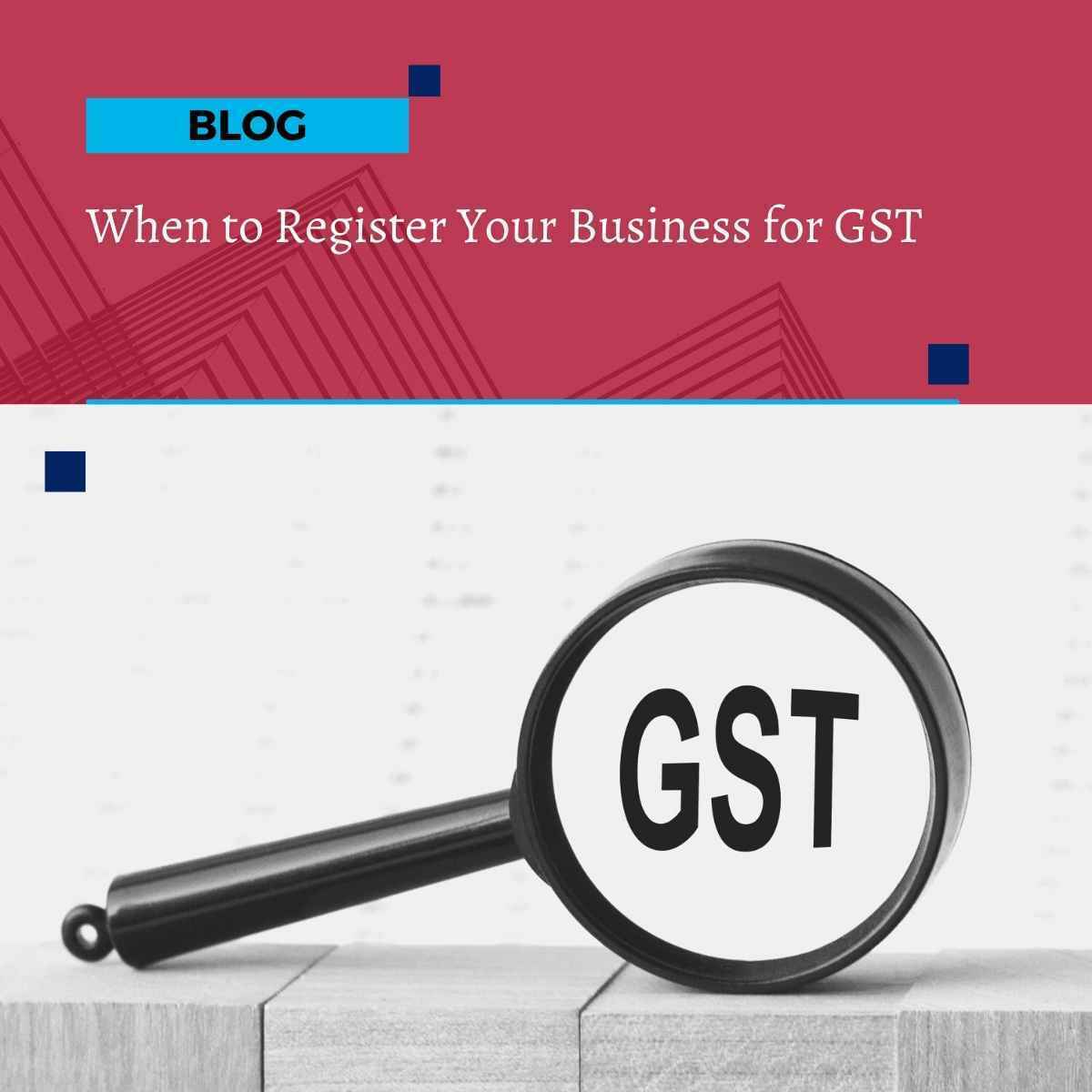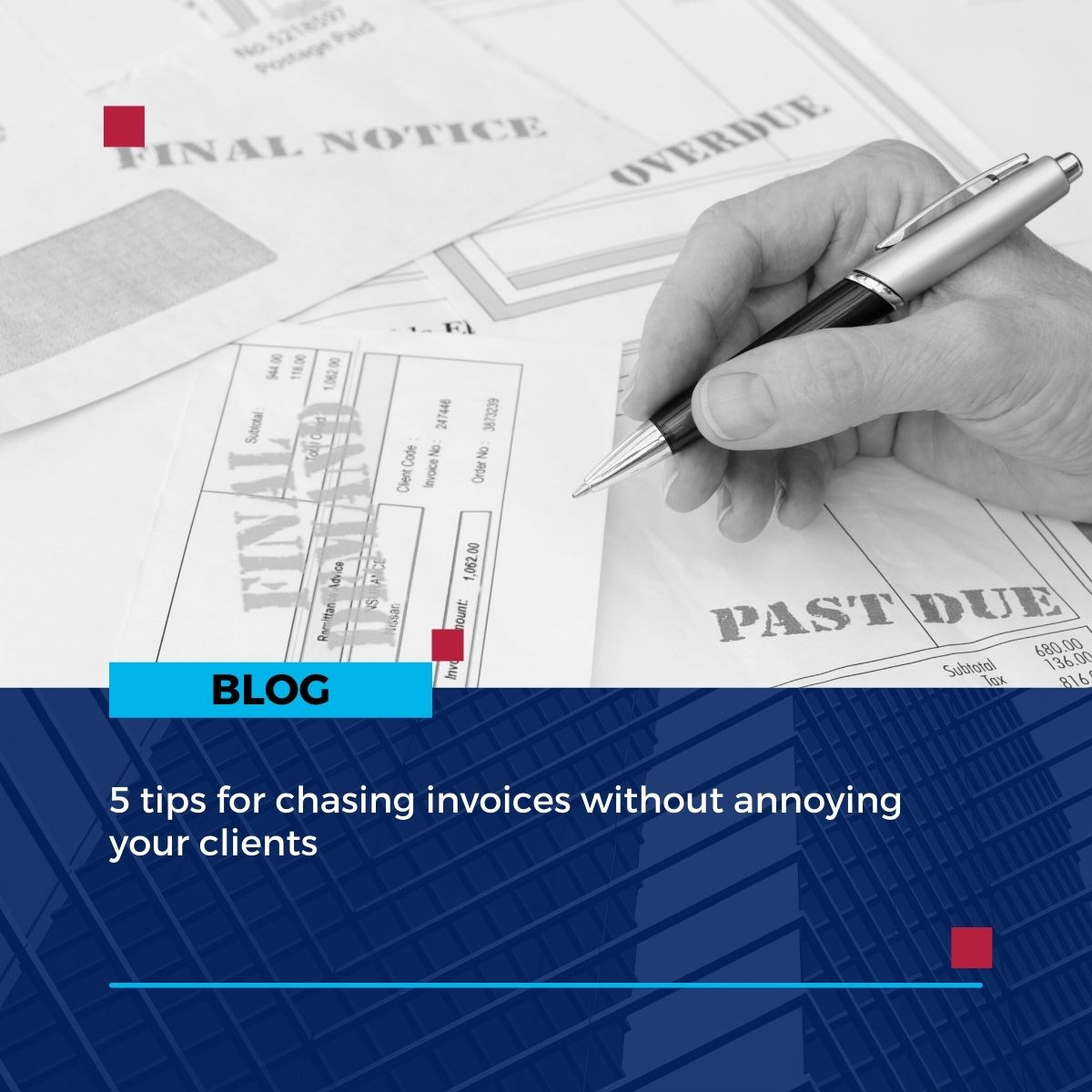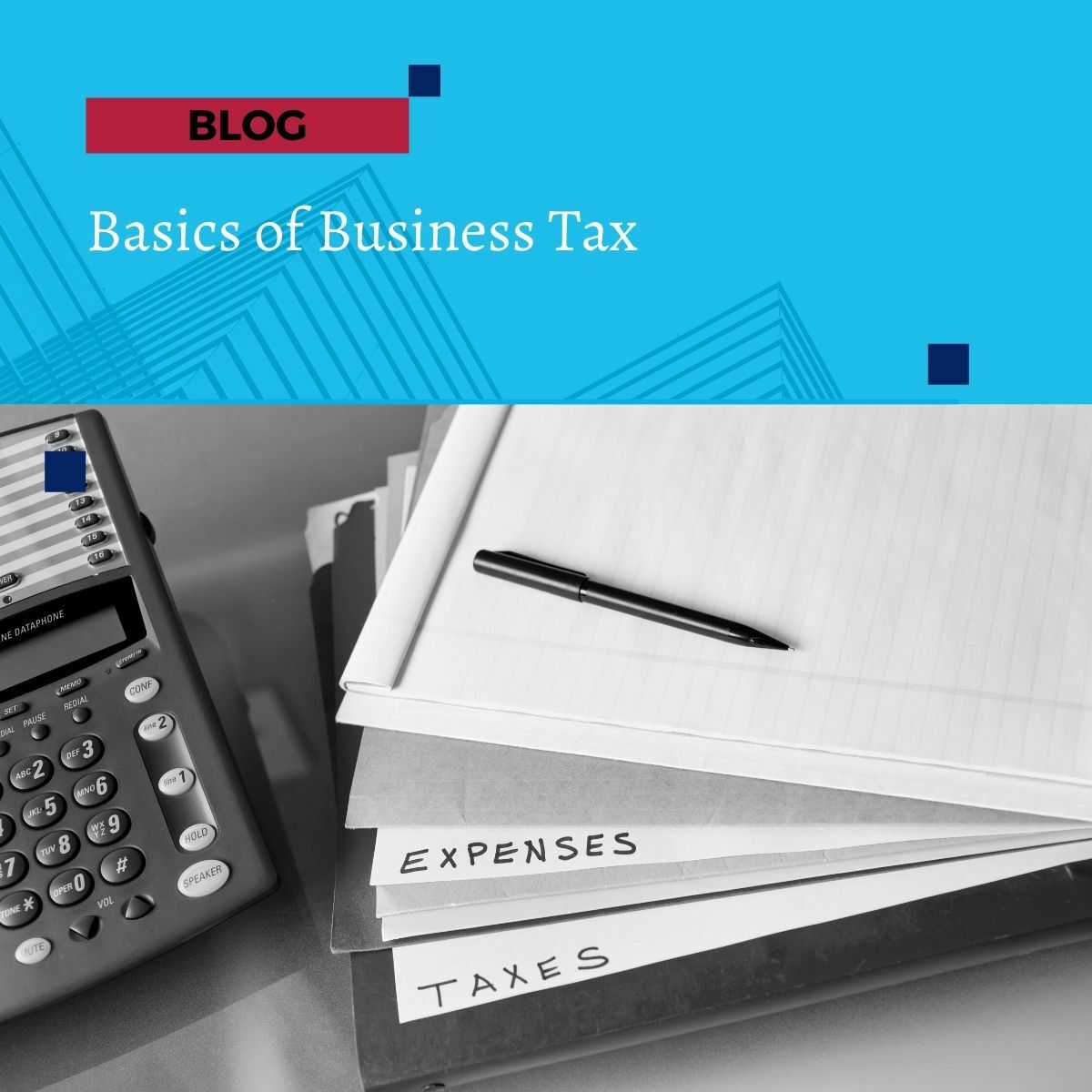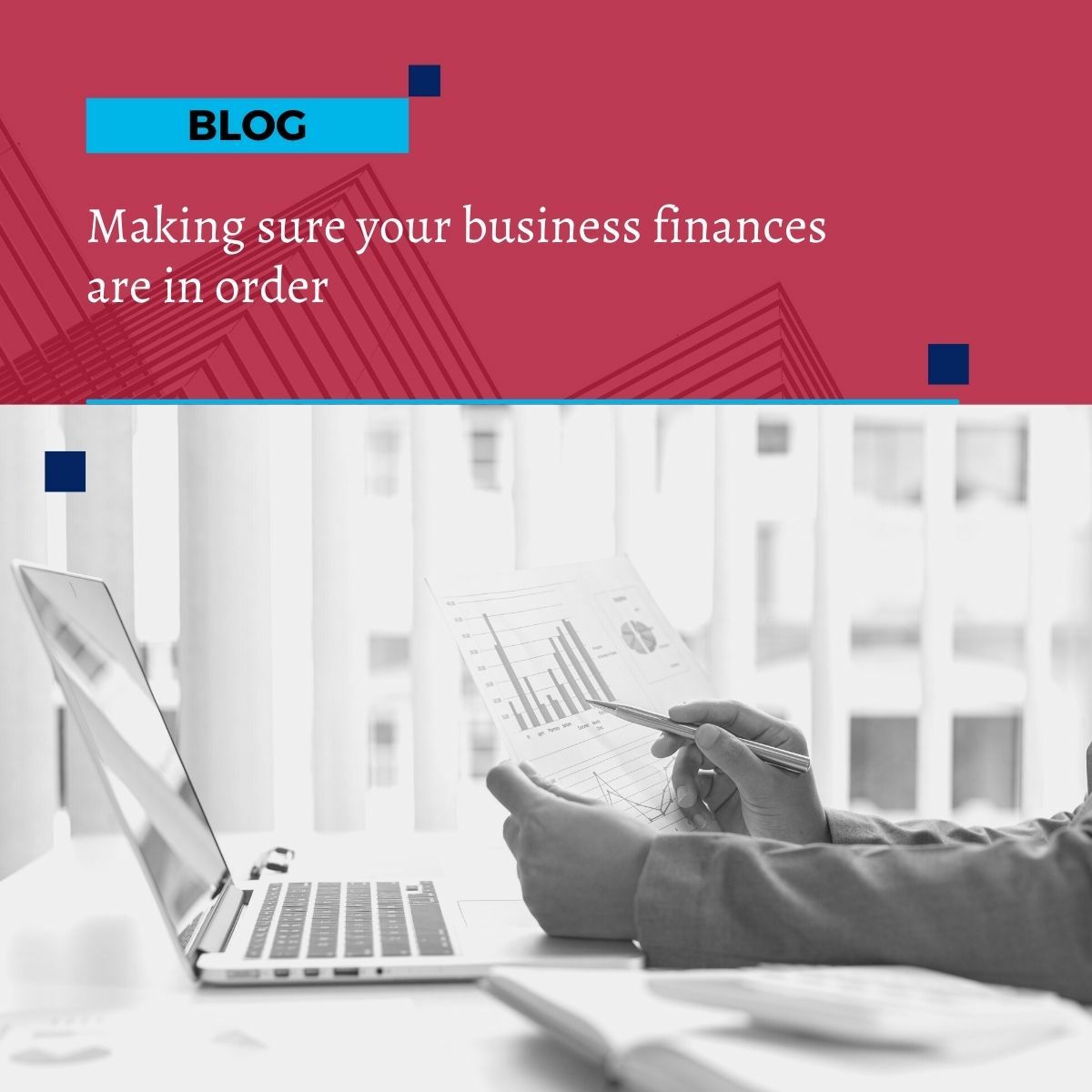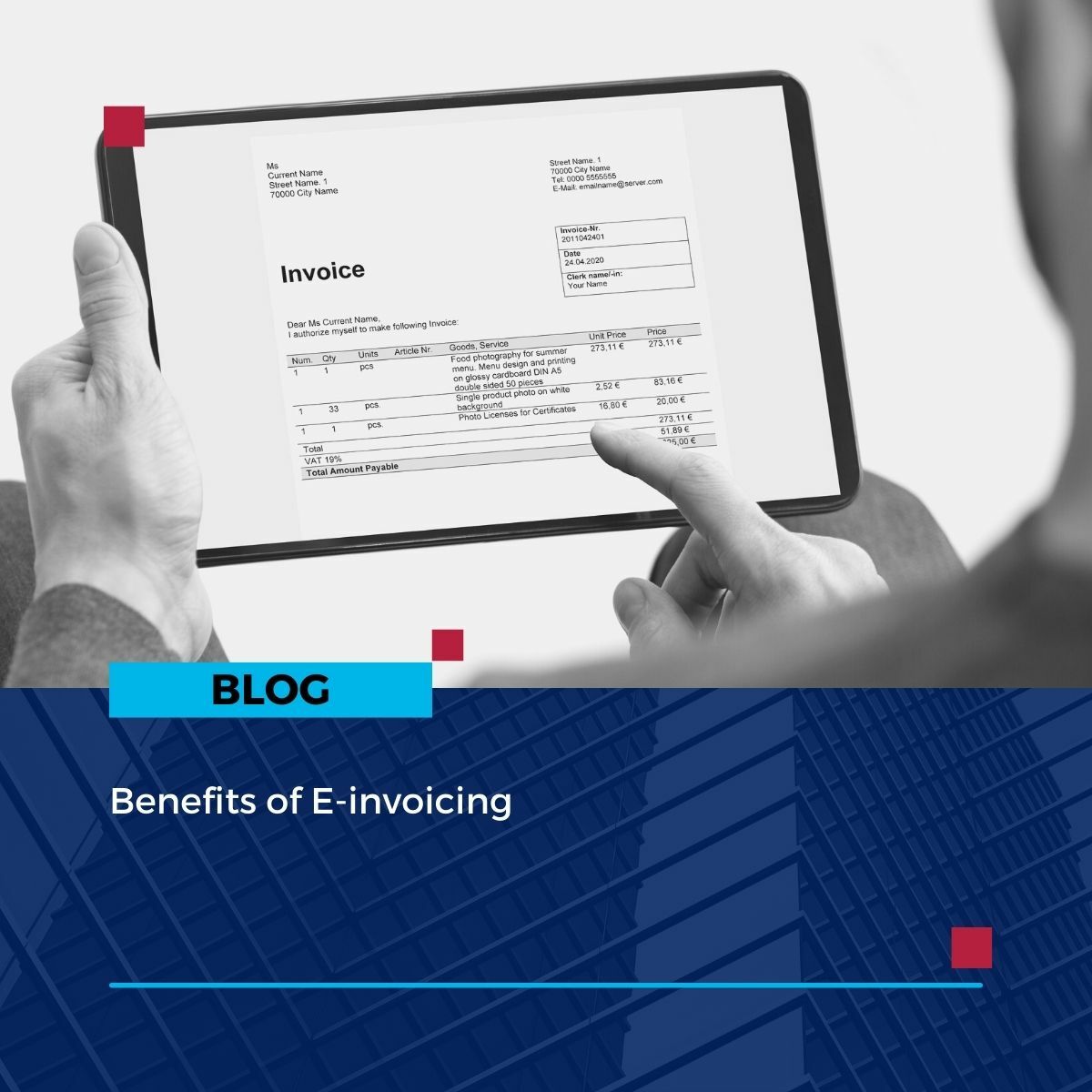Making sure your business finances are in order
Getting your head around the basics of bookkeeping, accounting and good financial practice may not come naturally to all business owners. But the better you understand the numbers, the more control you'll have over your business and your decision-making.
To get you started, here’s a rundown of some of the main financial terms and how they apply to the financial management of your business.
Revenue and money coming into the business
Most of us understand that revenue is the income you generate through your sales.
If you multiply your average sale price by the number of units sold, this is the top level number you get. It’s a gross figure (i.e. before any deductions) and gives you a clear idea of how much money the business is generating through its sales activity.
Revenue can come from various sources, and each income source is known as a ‘revenue stream’.
Revenue streams could include product sales, income from services you provide, income from intellectual property you own (like patents) or income from assets the business owns, like property you rent out at a profit.
Having several revenue streams is a good idea, as it spreads your income generation across multiple areas and reduces the risk of one revenue stream drying up.
Expenditure and money going out of the business
Expenditure refers to any payments you make (either in cash or credit) against the purchase of goods and/or services.
In a nutshell, expenditure is the money that’s going OUT of the business, so it’s important to have a good grip on these costs and to make sure you’re not spending any more money than you need to.
Costs that would fall under expenses include your supplier bills, your payroll expenses, your operational overheads and the costs of any raw materials and goods you buy to keep the business running.
The less you pay out in these expenses and overheads, the more of your revenue will end up as profit – as we’ll see in the next section.
Profit and loss (P&L)
Your profit and loss statement (usually referred to as your P&L) is an incredibly important financial report to get your head around.
The P&L summarises your revenues and expenditure over the course of a period – usually for the month, quarter or year that’s just ended – and gives you a breakdown of the profits and losses the business made during that period.
If you make more in sales revenues than you spend in outgoing expenses, you make a profit (and that’s vital to your success).
For any business to be financially viable, your financial model MUST be able to generate profit.
Without profits, the business can’t make money, you can’t reinvest back into the company to drive growth, and you (personally) won’t get paid anything.
Cashflow statements and positive cashflow
Your cashflow statement is another vital tool in your accounting toolbox.
To keep the lights on in the business, you need enough available cash to cover your everyday expenses. Your cashflow statement shows you the cash inflows (money coming into the business from revenues etc.) alongside the cash outflows (payments to suppliers, or operational overheads etc).
For the business to have enough cash in the pot, your cash inflows MUST outweigh your cash outflows. This is called being in a ‘positive cashflow position’ and it’s a level of financial health that every startup should aim for.
By tracking inflows and outflows, and projecting them forwards in time to create forecasts, you can make sure there’s always available cash in the business.
Improving your understanding of the numbers
It takes time to pick up the financial jargon and accounting terms that will help you understand your accounts.
But don’t despair. As your business journey evolves you’ll gradually begin to get your head around the important business finances, numbers, metrics and reports.
Other important finance terms to understand include
- Turnover = the total sales revenue made in a period. It’s also sometimes called ‘gross revenue’, as it’s the number prior to any deductions being made.
- Assets = the things you own in the business, like equipment, property or cash etc.
- Liabilities = the things you owe to other people, like bills, debts and loan repayments.
- Balance sheet = a snapshot of your assets and liabilities on a given date.
- Working capital = your current assets minus your liabilities. In common usage, it’s the capital (money) you have in the business to keep the company operational and trading.
- Funding = bringing additional capital into the business, usually in the form of business finance products like loans, or through private investment from outside sources.
- Credit score = a rating given to the financial health and risk level of the business. The bigger the score, the lower the risk – and the better your access to funding.
If you’re planning for your business, get in touch. We’ll help you set up the ideal accounting system, so you’re in complete control of your finances.


